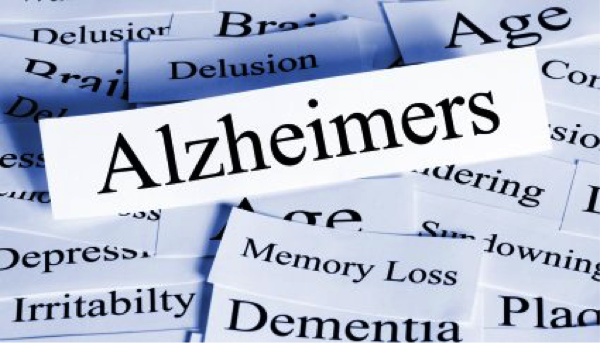Feb 27, 2015
After watching the “Actress in a Leading Role” Academy Award nominating performance of Julianne Moore as a brilliant, attractive woman in her prime stricken down with Alzheimer’s Disease in the movie, “Still Alice” this past weekend, I was deeply moved and alarmed for two major reasons. First, the United States statistics for this major epidemic are startling. According to the Alzheimer’s Association, in the U.S., one person every 67 seconds develops the disease, it is responsible for 1 in 6 deaths and more than 60% of those with the disease are women. The effect on the American work force and cost of healthcare is equally staggering. 15.5 million caregivers to Alzheimer’s patients provide an estimated 17.7 billion hours of unpaid care valued at more than $220.2 billion dollars. Alzheimer’s disease and other dementias will cost the nation $214 billion and by 2050, these costs could rise to an astounding $1.2 trillion.
The other reason for my concern is a major research report released in the January 2015 Journal of Alzheimer’s Disease confirms the connection between gum disease and Alzheimer’s Disease, linking oral bacteria to neurodegeneration with data from a multitude of sources: epidemiological, experimental, genetic, and environmental studies. Specifically, increased bacterial load from oral disease that favors the growth of oral pathogens have been found in the brain leading to inflammatory processes that weakens the blood-brain barrier allowing bacteria to spread and influence the progression of Alzheimer’s disease. In one 18 year longitudinal study, patients with poor oral hygiene were reported to have a 65% higher risk of developing dementia compared to those who had good oral hygiene. Hormonal changes in pregnancy make women more prone to oral bacteria overgrowth leading to increased prevalence of gingivitis (inflammed gums) and periodontitis (gum disease), and increases their risk of developing Alzheimer’s disease. Mothers with gum disease are also more likely to give birth prematurely or to a low birth weight baby.
Finally, our understanding of oral disease has changed with the discoveries of the Human Microbiome Project. We now know that the body is actually comprised of complex communities of bacteria, called biofilms, that have many beneficial functions including our ability to stay alive. It is “imbalances” in these bacterial communities that lead to the development of pathogens (bad bacteria) that are the root cause of many diseases. As a result, the approach of oral care products is changing. Revitin by CS Bioscience (csbioscience.com) is a new oral care product that I worked on developing for 15 years with a partner, Dr. David Shuch. It is focused on ‘rebalancing” the oral micorbiome. Think of this as a sort of “organic gardening” rather than the “pesticide approaches” of the past that was focused on “killing germs.” The results of these new approaches has been very promising for reducing the equally alarming epidemic of oral disease and its debilitating effects on systemic wellness.
